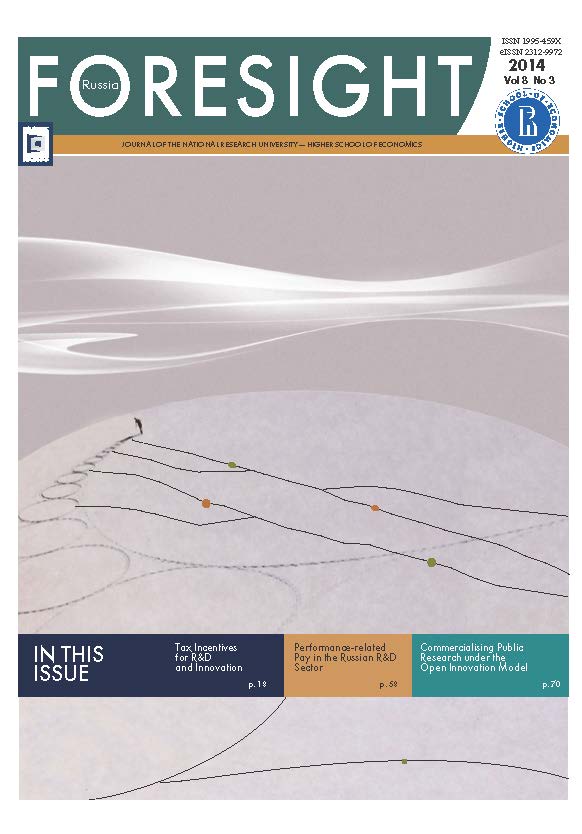Abstract
Public research plays an extremely important role in social and economic development, and has implications for industry, services, education, training, the creation and diffusion of knowledge, management etc. In turn, R&D and innovation activities in the business sector are becoming increasingly open. Being influenced by increasingly tightened global competition, companies are entering into partnerships with other companies, universities or public research institutions (PRIs) to leverage competences from different places and organizations to foster innovation. The search for partners and the management of many co-operations itself are new challenges especially in terms of administering intellectual property rights. Universities and PRIs must respond to the changing requirements imposed by companies while maintaining their unique positions as research and science related institutions. The overall framework conditions for these actors are changing, which in turn requires new government policies especially given the slowdown in key performance indicators of the commercialization activities of PRIs.
The paper highlights recent trends and approaches related to knowledge and technology transfer from public research and education to industry. It considers legislative initiatives to target industry engagement and research personnel, new technology transfer office models, collaborative intellectual property (IP) tools, and initiatives to facilitate access to public research results. The authors stress that the quality of research has a strong influence on knowledge and technology transfer. In turn, contrary to the widespread belief that knowledge and technology transfer activities might negatively impact scientists’ academic work several studies found evidence that the engagement of scientists in technology transfer and commercialization activities does not have negative impacts on the quality and quantity of academic research. In fact, scientists who are actively engaged in technology and knowledge transfer, i.e. through patenting, also enjoy a high scientific reputation and in most cases do excellent scientific work.

